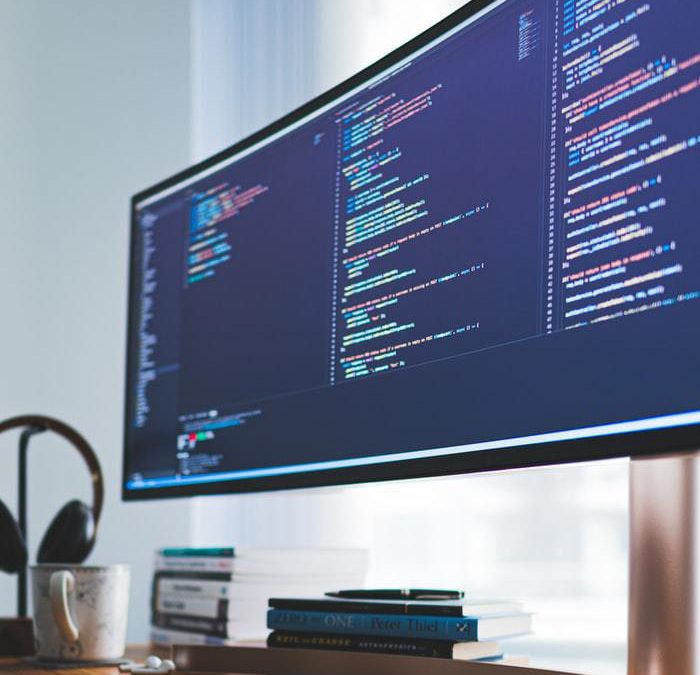The origins of artificial intelligence (AI) can be traced all the way back to World War 2, when a team of British cryptographers developed what came to be the world’s first computer, a machine that used mathematical reasoning to decrypt polymorphic codes transmitted by the Axis powers. Historians have estimated that this innovation shortened the war by two to four years, saving between 14 and 21 million lives. This was followed up by the birth of computer science as a field of study in the 1950’s, originally meant to simplify and automate human management of big data. With the evolution of technology and the rise of the internet, AI has been used increasingly to help information security teams to fight cyber crime.
Using AI to Optimize Cybersecurity Results
AI can boost organizational cyber security by leveraging existing data to detect vulnerabilities and identify cyber attacks. According to Cisco Systems, up to 32% of businesses are currently highly dependent on AI for their cyber security needs. In its present form, Cybersecurity technology based on AI is being used to:
- Accelerate incident detection using processing power and analytics
- Identify security risks based on configuration errors and software vulnerabilities
- Ranking and prioritizing threats
- Automate threat response
As technology evolves at a rapid pace, so do potential cyber security threats. Apps, smart phones and cloud services have done a great deal to simplify life for users and create great economic opportunities for IT companies and the professionals who work for them. On the other hand, more data and more software means more potential targets for hackers. This increases the risk that cyber criminals will act while data silos are being analyzed, exploiting existing vulnerabilities before they can be closed. AI can help solve this problem by dramatically decreasing the time it takes for analysts to work through and patch up security gaps.
In March 2017 IBM launched Watson for Cybersecurity, a cognitive AI tool for security operations centers (SOC’s). Watson is designed to help security professionals run through these mountains of data to quickly pinpoint real threats and generate reports in minutes. According to IBM researchers, cyber security teams go through over 200,000 security events every day, in a process that wastes up to 20,000 hours per year going after false attacks. They also found that only around 7% of information security professionals are currently using cognitive AI tools, but expect the use of this technology to triple over the next 2-3 years.
AI and the Cybersecurity Job Market
The current state of AI in the cyber security world is what the market has been calling first generation cyber security AI, technology that helps humans solve problems in less time, but is nowhere close to replacing them. Since it still relies heavily on existing data, AI will have trouble detecting innovative approaches often taken by cyber criminals. This means that AI and the automation of security processes need to be used as tools by qualified cyber security pros to optimize results. AI can’t act as a substitute for cyber security basics either. These include using separate devices for personal and professional purposes, and taking care not to fall prey to phishing scams and social engineering.
For companies looking to integrate AI in their cyber security strategy, the number of security professionals they should keep on staff varies depending on their size and scope of operations. The development of AI software as a service (SaaS) has been rolling full steam ahead, and should help information security professionals with basic tasks such as threat detection. Some observers like Sam Bouso, founder of the AI cyber security company Precognitive, reckon that certain jobs involving security analysis, intrusion detection and vulnerability assessment will be in direct competition with AI within the next five to ten years. As threat detection becomes increasingly automated through AI, certain entry level cyber security jobs on the defensive security side may be affected, while jobs related to offensive security like penetration testers, along with managerial positions are unlikely to face threats from AI. For now though, AI integration can help companies bridge the cyber security labor gap by increasing employee efficiency, but won’t be able to solve it altogether for the foreseeable future.
As the cyber security market’s go-to source for the most talented and seasoned professionals, HuntSource specializes in using innovative hiring practices focused on real to match companies looking to integrate AI into their cyber strategy with top talent from all over the world.


